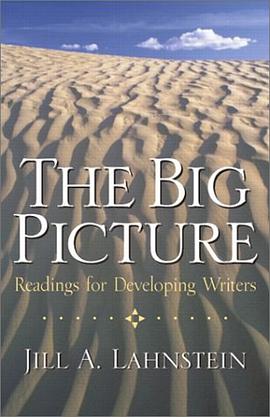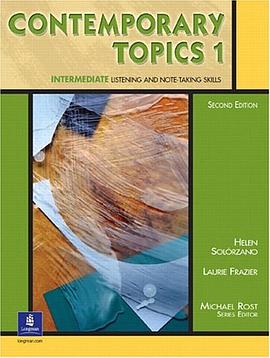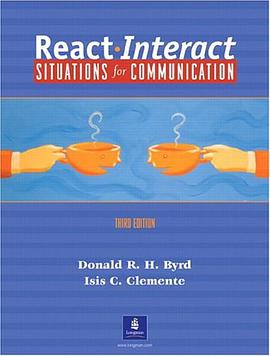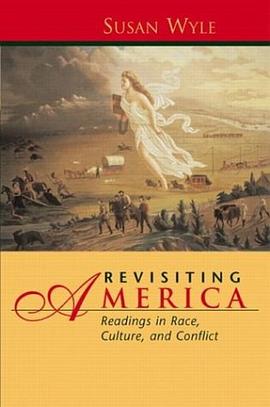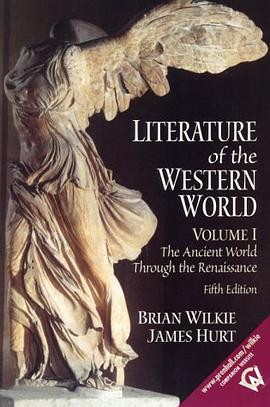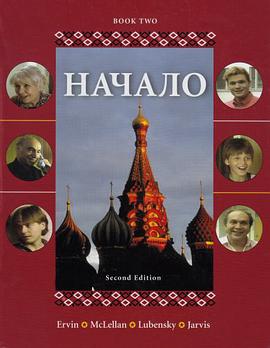

What are the similarities and differences between Jewish, Canon, Islamic, Chinese, Hindu and Buddhist law? These so-called 'religious laws' apply to over half the world's population. Do they, as comparative lawyers have assumed, form a coherent group that can be contrasted with the 'secular laws' of European states? The contributors to this volume agree that they do not. The seven chapters devoted to each 'religious law' explain why not. The remaining chapters offer new legal taxonomies, and new approaches to comparing the world's legal systems. This book brings together two scholarly traditions: experts in Roman, Jewish and Islamic law, an area where scholars tend to be familiar with work in each area, and experts in the legal traditions of South and East Asia, which have tended to be less interdisciplinary. The resulting mix produces new ways of looking at comparative law and legal history from a global perspective, and these essays contribute both to our understanding of comparative religion as well as comparative law.
具體描述
讀後感
評分
評分
評分
評分
用戶評價
相關圖書
本站所有內容均為互聯網搜索引擎提供的公開搜索信息,本站不存儲任何數據與內容,任何內容與數據均與本站無關,如有需要請聯繫相關搜索引擎包括但不限於百度,google,bing,sogou 等
© 2025 book.quotespace.org All Rights Reserved. 小美書屋 版权所有





